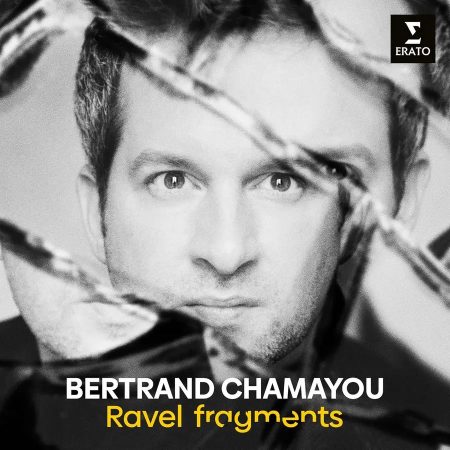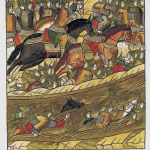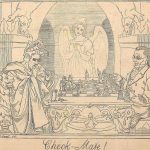
Every now and then, an artist comes along with such originality and flair that you can’t help but take notice. Such is the case with Bertrand Chamayou, the French pianist currently basking in international acclaim for his latest effort, a virtuosic performance of an eccentric collection of pieces by or about Maurice Ravel. Ravel Fragments, as the new album is called, was created to coincide with Ravel’s 150th anniversary this year.
When someone gets to be 150, it becomes hard to know what to get them. Chamayou chooses well with unexpected pieces such as his own transcriptions of orchestral works (Daphnis and Chloe, La Valse) as well as works by contemporary composers whose work has a Ravelian touch. Together they add up to something almost akin to a surprise birthday party, full of reveling friends and fans, and even the man himself. This is not easy to do when you’re just one guy sitting at the piano, but Bertrand manages to pull it off.
Ravel Fragments follows a string of off-beat recordings by Chamayou starting with the anthology Good Night in 2020. This singular release was followed by a pair of albums inspired by American composer John Cage and Cage’s sometime muse, Erik Satie. The Cage/Satie program, Letter(s) to Erik Satie, and its successor, Cage2, were carefully researched, thought out, planned, and recorded. This attention to detail paid off — Chamayou won several awards for Letter(s) to Erik Satie and honorable mentions from discerning listeners for taking the time and effort to interpret Cage’s works for prepared piano, not a simple undertaking.
Chamayou writes well about music, especially his approaches and processes. It seems there’s no aspect of the production of his albums and live concerts that he hasn’t thought through. And yet his performances are so sensitive, so in tune with the emotional qualities and demands of the work, that it almost stops the clock. For someone who lavishes attention and detail to his work, who seems to see it as a vocation as much as a form of expression, Chamayou consciously leaves the door open for the unplanned, the last minute innovation or happy accident. This may account for the freshness with which his later work especially is invested.
So much of the output of concert soloists goes into performing well trodden repertoire. This is a wonderful thing, because we need new interpretations of older works. Chamayou has certainly done his share of repertoire, including superb recordings of the Saint-Saëns piano concertos and Ravel’s complete works for solo piano, among others. But one thing that makes his new releases so compelling is his willingness to break rules and go where the concert pianist does not ordinarily go.
Ravel Fragments is a wonderful recording and it will take many listens to mine its manifold pleasures. Certainly it’s a tribute worthy of its honoree.




